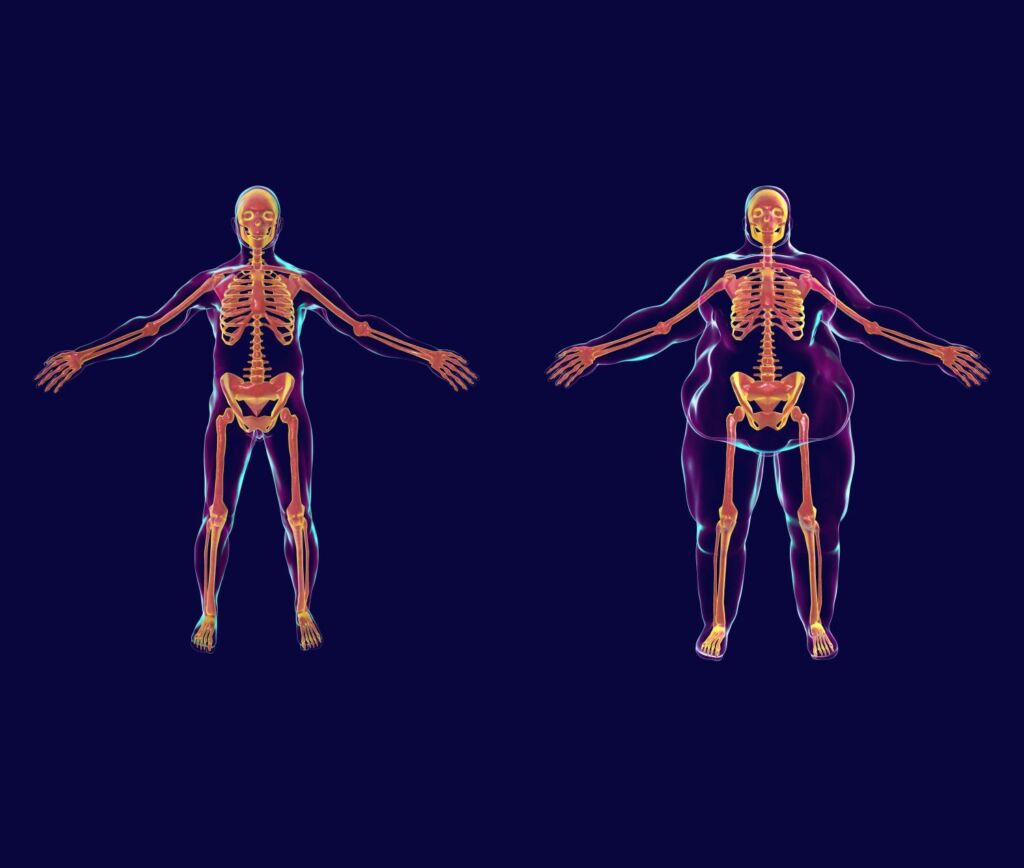Philipp Gerber, Clinical Head of Endocrinology at the Zurich Obesity Center, classifies.
Philipp Gerber, weight loss injections are on everyone’s lips. What is it about?
We have known about these active ingredients for many years and noticed early weight loss in people with diabetes and obesity. Two products are currently approved in Switzerland. Saxenda is covered by health insurance, but is currently difficult to obtain. From March 2024, the costs of the second product, Wegovy, will also be covered by health insurance. Although manufacturers are now ramping up production, availability will certainly remain difficult for some time to come. It is important that the products developed for people with diabetes remain available in this area of application.
How do weight loss injections work?
The currently approved products neither increase energy consumption nor “burn” fat. The active ingredient slows down gastric emptying and leads to a strong feeling of fullness. The weight loss effect occurs because people simply eat less.





